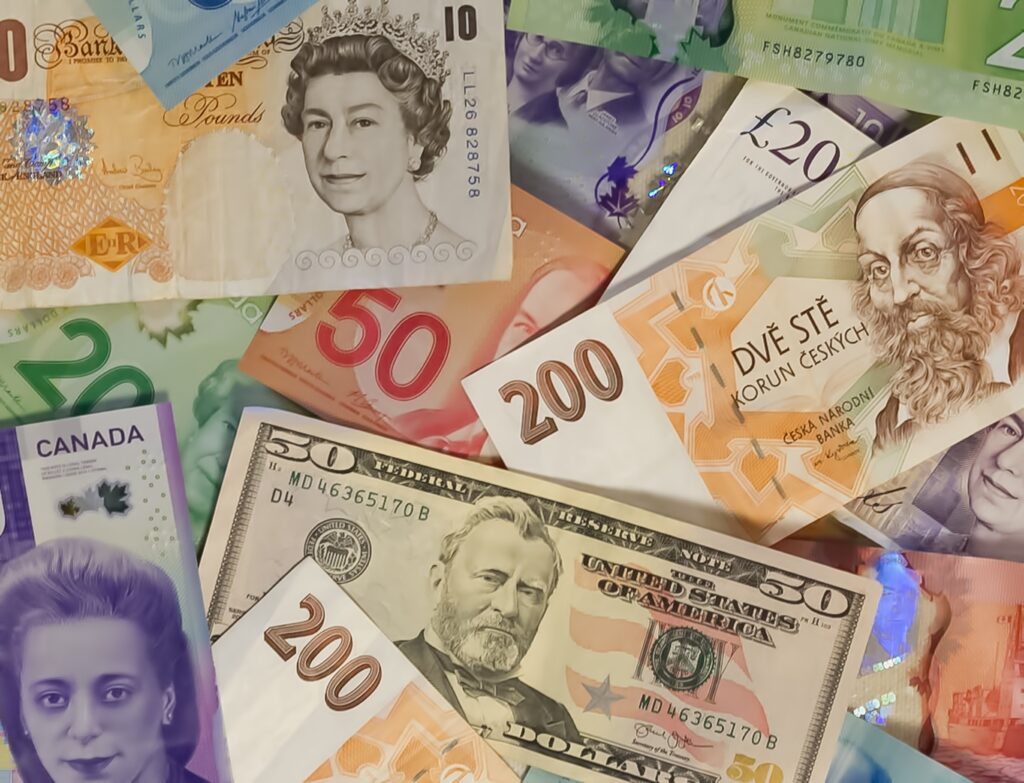
Ashley Eltaher is not as excited as one might expect the soon-to-be university graduate to be. She’s supposed to be embarking on her dream career. Instead, she’s worried about what life will look like after graduation.
The third-year Ryerson University student’s feelings of anxiety come from whether or not she will be able to find an adequate job — let alone her dream career — after graduation. This uncertainty has left her feeling anxious and hopeless.
Eltaher isn’t the only one feeling that way. The wealth distribution in Canada is alarming — and growing. The top 20 per cent of households own about 67 per cent of the total wealth, according to a study by the Fraser Institute, while the bottom 20 per cents own less than one per cent of total wealth. This gap has increased over the last 20 years. The extreme growing inequality in Canada has students concerned about their future.
“At a certain point I just personally don’t understand what (rich people’s) money can be doing that’s important and meaningful when there are other people that are unable to even afford affordable housing or putting healthy meals on their table,” says Eltaher.
Young Canadians are languishing at recession levels of unemployment, and they’re earning less. The average 25- to 34-year-old working full time today makes $4,200 less per year than they would have three decades ago, according to an Oxfam report.
The reality is money equals power, and Canada has a history of enforcing that belief. Politicians have long accepted donations from wealthy individuals and corporations. Political hijacking is what feeds the growing cynicism towards politics, according to author David Meslin — specifically when excessive private influence becomes a major part of Canadian politics.
In an attempt to stop private influence on politics, Toronto city council banned corporate donations in 2009. However, according to a 2016 Toronto Star investigation, some of the donations that used to come directly from companies now simply flow through alternative — and less transparent — channels, including via family members.
Porter Airlines, for example, used to contribute money to municipal candidates using corporate cheques. After the ban, the Star investigation found that $11,100 was donated to city hall candidates by Porter president and CEO Robert Deluce, along with his wife, daughter and son — all using personal cheques.
“Since [the ultra-rich] control capital, the government relies on them to invest and create jobs,” said Canadian journalist and activist, Linda McQuaig. “They are willing to accommodate their interests just because they are afraid that there won’t be enough investment to create jobs and keep people happy.”
The country’s most affluent families are worth $3 billion on average, while the median net worth in Canada is just under $300,000. And while wealth at the top grew by $800 million per family between 2012 and 2016 — a rate of 37 per cent — Canada’s median net worth grew by only $37,000 for a comparatively lower increase of 15 per cent.
However, even with that increase, corporations continue to find ways to hoard wealth. “The rich definitely put pressure on the government not to raise the minimum wage or allow for strong unions,” said McQuaig.
In January 2018, the Ontario government modestly increased the province’s minimum wage, to $14 from $11.60. In response, Loblaw Companies former CEO Galen G. Weston Jr. announced plans to cut jobs to offset the cost with more automation and self-checkout stations. He alleged the minimum wage increase threatened to harm the company’s bottom line.
Although Loblaws did provide a $2-per-hour pay increase for its workers at the beginning of the pandemic, it lasted only a few months. In June 2020, the grocery giant announced it would end its pandemic pay bump — despite soaring profits.
Economic inequality is expected to continue unless a serious change is made, says McQuaig, and the solution is a wealth tax. “Wealth tax is exactly what we need now,” she says. “We don’t have that, we tax people mostly based on their income.”
New Democratic Party leader Jagmeet Singh proposed a wealth tax in which every ultra-rich person would pay one per cent for every penny of wealth over $10 million. When Parliamentary Budget Officer Yves Giroux crunched the numbers last year, he found that even a wealth tax that only took aim at families with net worths of over $20 million would rake in $5.6 billion in 2020-21 alone.
A wealth tax would be a step in the right direction to solve economic inequality, McQuaig says. “There is no shortage of solutions on how to restructure the tax system. Frankly, it is the most important thing we can do right now.”
Eltaher, who dreams of becoming an interior designer, agrees. “The government should be creating a more balanced economy as a priority, whether that means increasing taxes for the ultra-rich or relocating the money to creating jobs.”
This article may have been created with the use of AI tools such as
